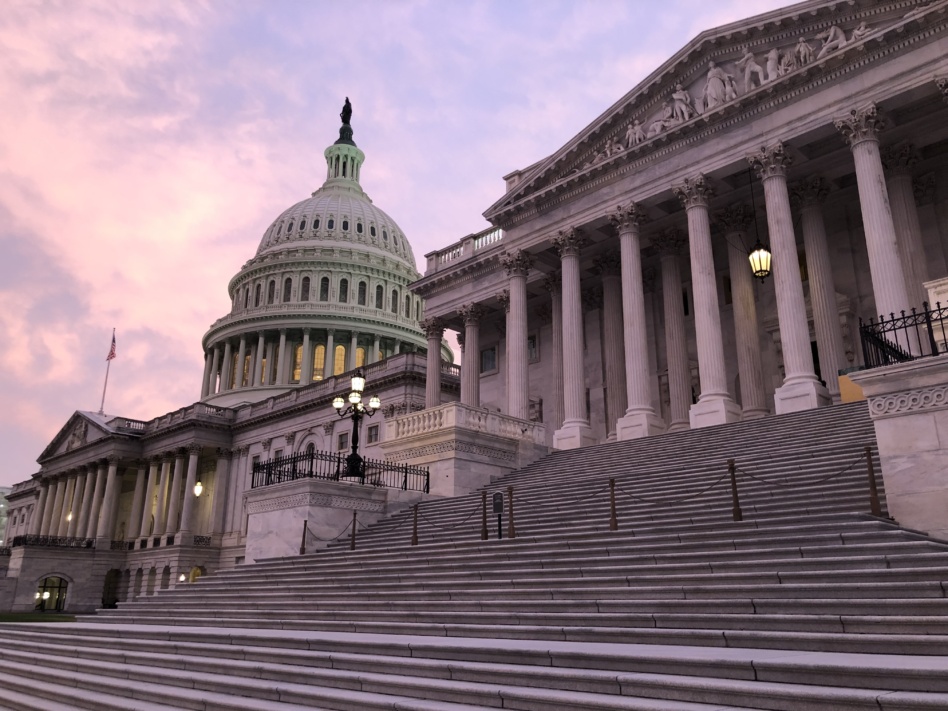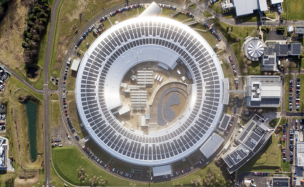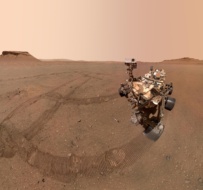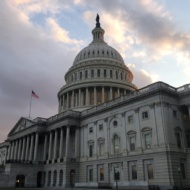Here are our biggest takeaways from election night—and what they mean for space policy in DC.
Top of the ticket: Former President Donald Trump will be heading back to the White House in January. The previous Trump administration led significant changes in the space landscape, including the establishment of the Artemis program, the re-launch of the National Space Council, and the founding of the Space Force.
In July, Greg Autry, a professor at ASU who served as the White House liaison at NASA under Trump, told Payload he expected “kicking Artemis into high gear” to avoid falling behind China would be a top priority for Trump, and the president-elect has also been vocal about wanting to establish a Space National Guard.
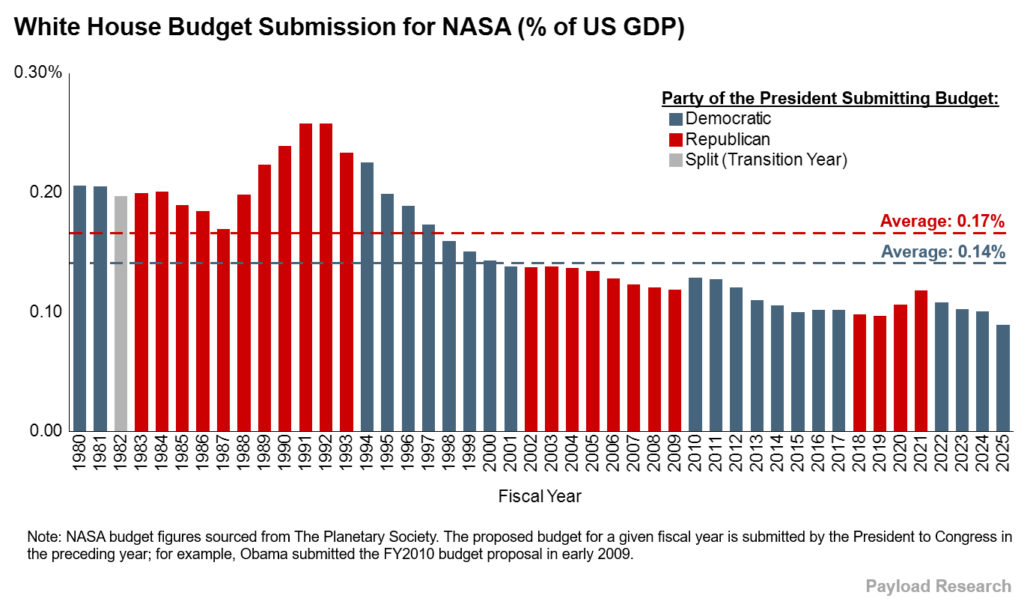
It will be months before we see a budget from the Trump administration, but historically, a GOP president means a slightly higher NASA budget request, according to Payload Research.
New space faces: A trio of freshman lawmakers will come to DC in January to represent some of the top space communities and infrastructure after their previous representatives to Congress retired. However, two of the races—for Colorado’s 5th district to represent US Space Command and California’s 16th district to represent Ames Research Center—have not been called yet.
Rep.-elect Mike Haridopolos, a former Florida state lawmaker, will represent Cape Canaveral and the nation’s busiest launch range.
Too close to call: We’re tracking several other races in which ballots are still being counted. Here’s where they stand as of Wednesday morning:
- Rep. Mike Garcia (R-CA), who serves on the House space subcommittee, is ahead of former Virgin Galactic CEO George Whitesides by ~2 points.
- Rep. Yadira Caraveo (D-CO), another member of the subcommittee, is winning by ~1.5 points.
- Republican Robert Bresnahan, the former CFO of his grandfather’s electrical contracting company, has declared victory over Rep. Matt Cartwright (D-PA), the top Dem overseeing NASA funding in the House. Bresnahan is two points ahead with 99% of the vote counted, however, the AP has not called the race.
The House is still too close to determine which party will have the majority.
Flip out: Republicans have won the majority in the Senate, meaning new leaders on each of the committees. Though committee assignments won’t be decided until early next year, Sen. Ted Cruz (R-TX), who survived his closer-than-expected re-election campaign last night, could become chair of the Commerce, Science, and Transportation Committee.
That’s good news for those who want to see a new NASA authorization, Jack Kiraly, the director of government relations at the Planetary Society, told us, as it’s previously been a top priority for the senator
